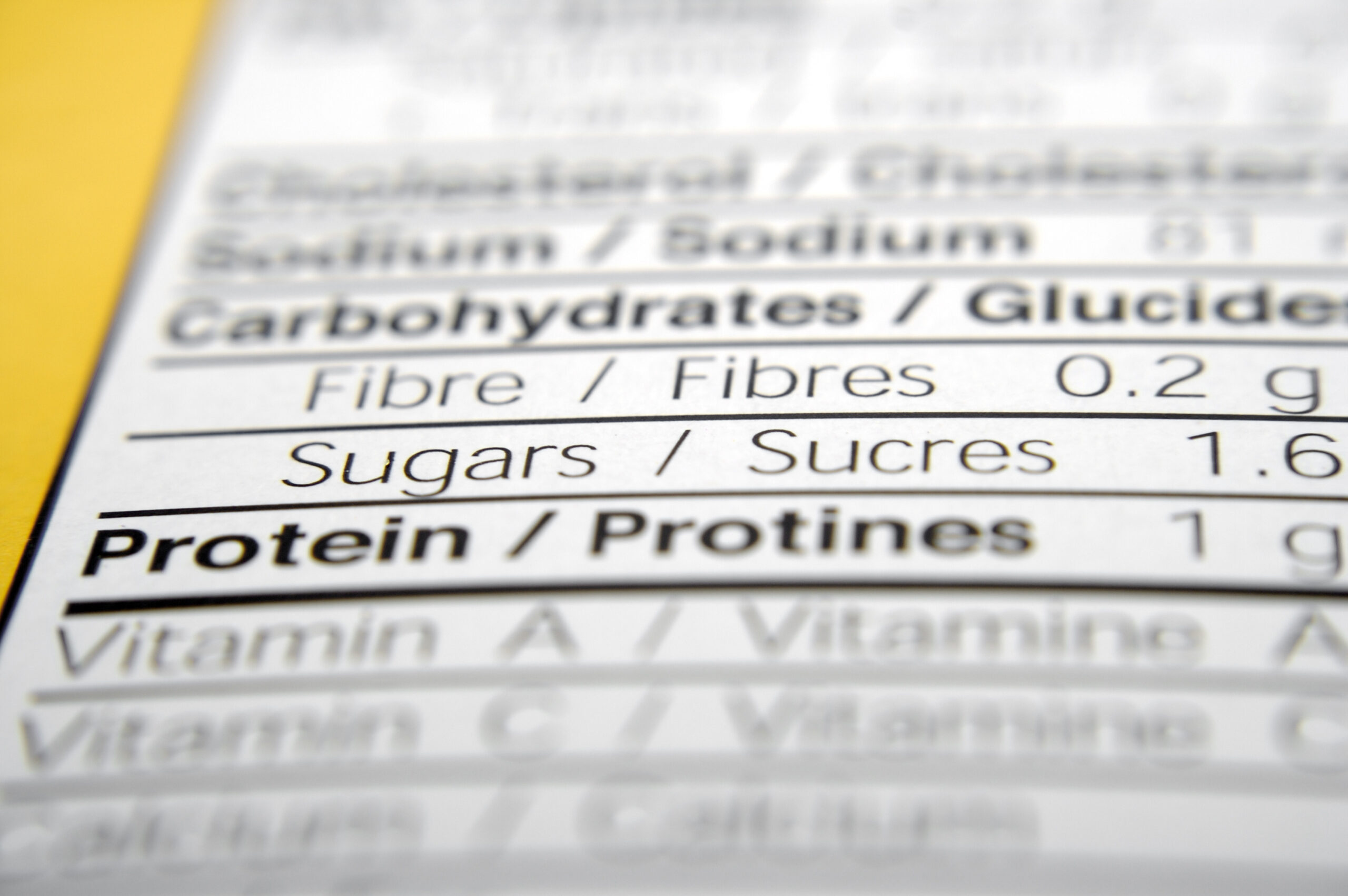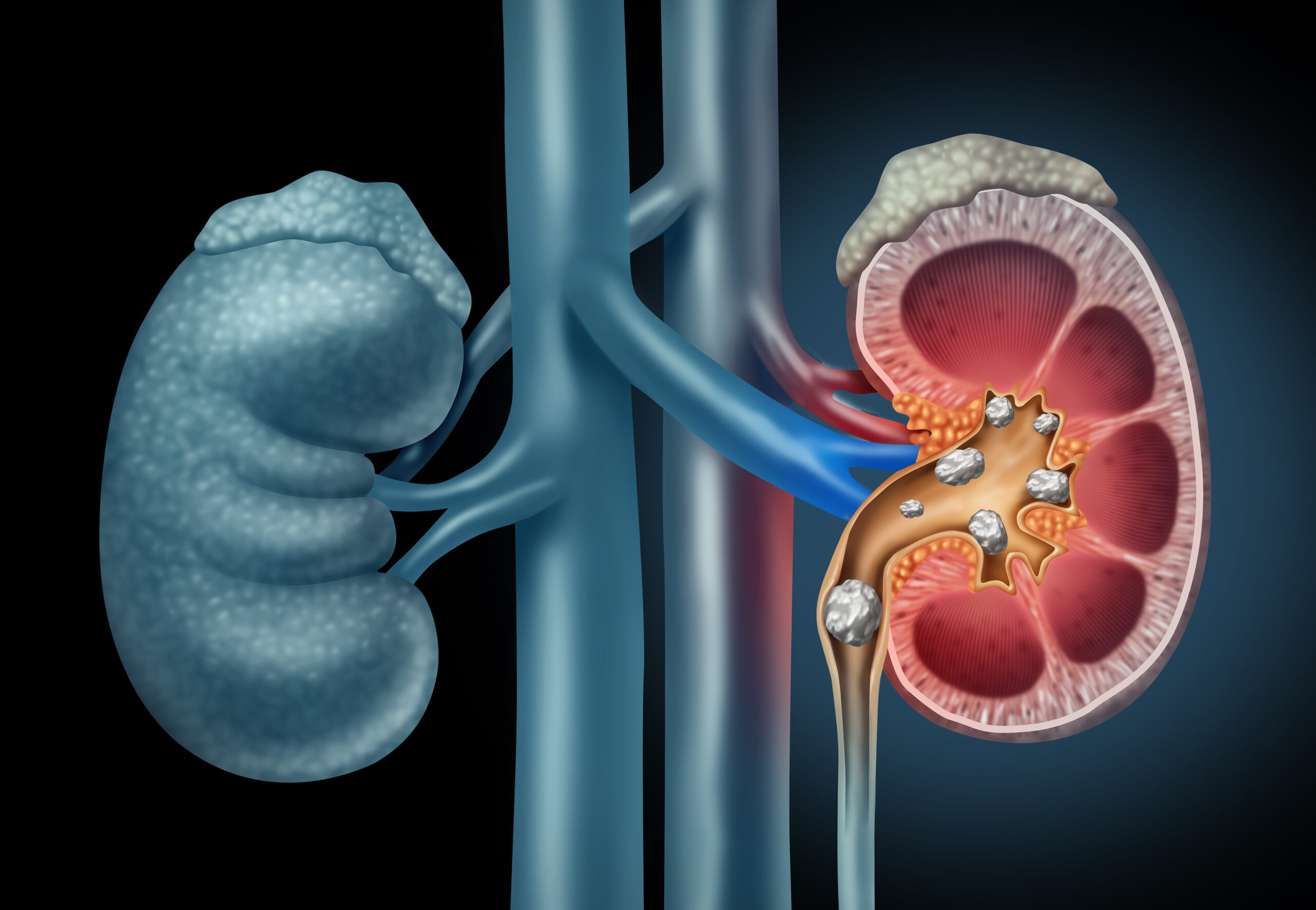High Protein Diet and Foamy Urine
The kidneys do a lot with dietary protein for the body and these functions impact overall health as well as fitness and athletic performance. Whether you are a fitness enthusiast, serious athlete, or just looking to stay healthy you've no doubt heard about a high protein diet. Many people who follow a high protein diet don't realize that over-consuming dietary protein adds unnecessary strain on the kidneys and can cause permanent damage to these organs.

What the Kidneys Do for Your Body
If you only associate the kidneys with filtering waste to be excreted in the urine, you're missing out on the bigger picture. As part of the urinary system, healthy kidneys remove waste and excess water. Outside the urinary system, the kidneys have 8 important functions that directly and indirectly affect how other organs function, including the heart.
8 Functions of Healthy Kidneys
- Regulate the body's fluid levels to maintain homeostasis
- Reabsorption of nutrients to maintain homeostasis
- Filter wastes (urea and uric acid) and toxins from the blood
- Release a hormone that regulates blood pressure
- Regulate electrolyte-water balance (sodium, potassium, magnesium, other minerals)
- Maintain acceptable body pH level (7.35- 7.45)
- Activate vitamin D to maintain healthy bones
- Release the hormone that directs production of red blood cells
What do the kidneys do with dietary protein?

Protein is a macronutrient necessary for health. The primary sources of dietary protein for Americans are
- animal (chicken and beef)
- plant (yeast, breads and rolls)
- dairy (milk)
Protein is required for the growth and repair of tissues (muscles, organs), fluid balance, wound healing, and numerous other physiological processes.
The kidneys filter out protein metabolites (tiny molecules) created during digestion of protein-rich foods. Studies have indicated that the process of filtering out excess protein makes the kidneys work harder. If you happen to have risk factors for a kidney dysfunction, then the strain created by consuming too much protein could result in a serious acute or chronic kidney disorder. Since most people are not aware of risk factors for kidney disease (acute or chronic), and they don't understand how much dietary protein they truly need, there is an increased risk of putting together two things that can result in serious health problems.
How Much Protein Do You Really Need?

To answer this question, you have to understand two things: First, studies on protein intake are limited in scope. Second, there's no consensus among health experts about dietary protein intake for general health in the way there are nutritional standards for athletic performance (and this itself has limitations). Let us explain:
- Limited Studies.With the popularity of high-protein diets, more research is needed to understand the stress a high protein diet places on kidney function in healthy people. The few studies that do exist are very small or focus on high-level athletes who are dedicated to specific training routines under the guidance of nutritionists and exercise scientists. Also, the majority of studies are short-term, which doesn't tell us anything we need to know about organ function related to diet, over time.(In general, changes in organ function due to dietary habits take a great deal of time to show benefit or harm.)
- Lack of Definitive Recommendations for Protein Intake. Unlike other nutrients that have established recommended minimum and/or maximum intake standards for good health, protein does not currently have Adequate Intake nor a Tolerable Upper Intake Level for the general population. Instead, there is an Acceptable Macronutrient Distribution Range:
- Protein should make up 10-35% of energy intake for adults age 19 and above. In such a large group, there are widely varying health and lifestyle factors. This makes it hard to definitively answer questions such as: Who should be at the upper limit? Who should be at the lower limit? How does intense physical training affect protein needs? How does a sedentary lifestyle, other chronic conditions, age, and gender affect dietary protein need?
The basic guideline for protein consumptions, which has not been recently updated, is that adults (age 19+) need .8-.85g protein per kilogram of body weight.
Doesn't an Athlete Need More Protein than Other People?
 Now, if you are a serious athlete or fitness enthusiast who is training multiple days per week and/or more than once per day for well over an hour per day, then, yes,your protein requirement will be different. How different it needs to be depends on many factors, including (but not limited to)
Now, if you are a serious athlete or fitness enthusiast who is training multiple days per week and/or more than once per day for well over an hour per day, then, yes,your protein requirement will be different. How different it needs to be depends on many factors, including (but not limited to)
- the sport
- your age
- your biological sex (hormone variables associated with this)
- menstruation status
- body weight
- body composition
- history of injuries
- other health-realted issues unique to your family and personal history
These differences can mean one athlete, or athletic person, needs 1 g of protein /kg of body weight, while another needs 1.2 g/ kg of body weight. These differences are subtle and important because too much protein for any athlete will stress the kidneys and impair athletic performance.
Consider this: A football player on the defensive line has different needs than the quarterback. A female soccer player at age 15 has different needs than a male of the same age and equivalent workout routine. A person who runs marathons has different needs than a person who goes to HIIT classes a few times a week. Furthermore, these needs vary based on the pont in the season–pre-season, competitive season, post-season and off-season.
When in doubt about your protein requirement for physical activity, sport performance, and general health: start a conversation with a knowledgeable primary care physician who can guide you on general nutrition advice and refer you to sports medicine and nutrition specialists where necessary.
Kidney Disease Risk Factors and Protein Intake
 Most people with early kidney disease have no symptoms, which is why early detection is critical. By the time symptoms appear, kidney disease may be advanced, and symptoms can be misleading. If you follow a high-protein diet and you have symptoms such as the following, it's time to see your doctor and assess if your dietary intake of protein is stressing your kidneys.
Most people with early kidney disease have no symptoms, which is why early detection is critical. By the time symptoms appear, kidney disease may be advanced, and symptoms can be misleading. If you follow a high-protein diet and you have symptoms such as the following, it's time to see your doctor and assess if your dietary intake of protein is stressing your kidneys.
- Fatigue, weakness
- Difficult, painful urination or foamy urine
- Pink, dark urine (blood in urine)
- Increased thirst
- Increased need to urinate (especially at night)
- Puffy eyes; swollen face, hands, abdomen, ankles, feet, and shortness of breath
To determine the best ratio of protein for your health goals and relative to any risk factors you may have for kidney disease, consult with your physician or a nutritionist. Even better, make these consultations before you make changes to your diet.
In our next blog post, we will learn about additional risk factors for and types of kidney disorders, and what you can do to keep your kidneys healthy while pursuing your health, fitness and athletic goals.
Optimal Health Begins with Exceptional Primary Medical Care
 To achieve optimal health, you need exceptional primary medical care with a physician who takes the time to get to know you and who provides outstanding medical expertise. At Hillandale Primary Care, we are dedicated to providing the best medical care available to residents in Lithonia and Lawrenceville, GA. Our commitment to your family's health and wellbeing includes listening carefully to understand your specific needs and following through with specific and general preventive measures and treatment approaches.
To achieve optimal health, you need exceptional primary medical care with a physician who takes the time to get to know you and who provides outstanding medical expertise. At Hillandale Primary Care, we are dedicated to providing the best medical care available to residents in Lithonia and Lawrenceville, GA. Our commitment to your family's health and wellbeing includes listening carefully to understand your specific needs and following through with specific and general preventive measures and treatment approaches.
Our family medicine practice is located in Lawrenceville and Lithonia, GA. Family medicine involves providing comprehensive health care that integrates the biological, clinical and behavioral sciences. The scope of family medicine encompasses all ages, sexes, each organ system and every disease. Because your primary care doctor takes time to know your health history in depth, they are often the first to help you identify serious illness and point you in the direction of appropriate advanced care with medical specialists.

If you are a new patient, we encourage you to choose Dr. Saira Niaz as your primary care provider. Dr. Niaz's patients praise her for her compassionate and friendly demeanor and her love for her work. We strongly recommend scheduling regular physicals, well-woman and well-man exams for proper and timely health screenings for cancer, diabetes and heart disease, as well other health concerns that have evolved during the COVID-19 pandemic. At Hillandale Primary Care, we encourage our patients to feel comfortable in discussing their emotional, mental and spiritual issues with us, as these factors can significantly impact your overall health and well-being. Contact us today to schedule your appointment.
Resources
Rodriguez, NR, "Introduction to Protein Summit 2.0: continued exploration of the impact of high-quality protein on optimal health." The American Journal of Clinical Nutrition. (June 2015) 101: 6, 1317S–1319S.
Dominique, S M ten Haaf, Malou, AH., et al., "Effects of protein supplementation on lean body mass, muscle strength, and physical performance in non-frail community-dwelling older adults: a systematic review and meta-analysis." The American Journal of Clinical Nutrition. (November 2018) 108:5.
Berryman, Clair E., Agarwal, S., Lieberman, HR., "Diets higher in animal and plant protein are associated with lower adiposity and do not impair kidney function in US adults." The American Journal of Clinical Nutrition. (September 2016) 104:3, 743–749.
Healthline.com: "Is Too Much Protein Bad for Your Health?"
Virtanen, Heli K., Voutilainen, S. et al., "Dietary proteins and protein sources and risk of death: the Kuopio Ischaemic Heart Disease Risk Factor Study." The American Journal of Clinical Nutrition. (May 2019) 109:5, 1462–1471
Berryman, Clair E., Agarwal, S., Lieberman, HR., "Diets higher in animal and plant protein are associated with lower adiposity and do not impair kidney function in US adults." The American Journal of Clinical Nutrition. (September 2016) 104:3, 743–749.
Thomas DT, Erdman KA, Burke LM. "American College of Sports Medicine Joint Position Statement. Nutrition and Athletic Performance."Med Sci Sports Exerc. 2016 Mar;48(3):543-68. doi: 10.1249/MSS.0000000000000852. Erratum in: Med Sci Sports Exerc. 2017 Jan;49(1):222. PMID: 26891166.
High Protein Diet and Foamy Urine
Source: https://hillandaleprimarycare.com/is-a-high-protein-diet-damaging-your-kidneys/
0 Response to "High Protein Diet and Foamy Urine"
Post a Comment